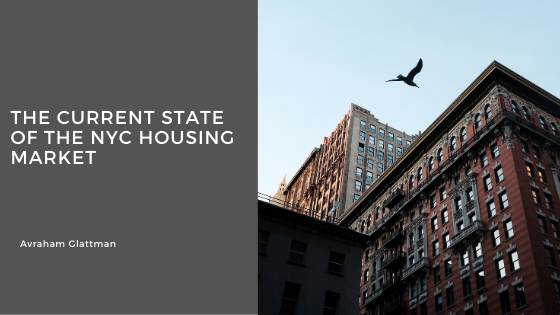New York City has always been known for its astronomical housing market. A no larger force than the pandemic could have heavily impacted housing sales. With COVID-19, New York City’s boroughs have seen massive shifts in house sales and buyer behavior. To understand the current state, let’s look at the beginning of this tumultuous journey since March.
What is the Current State of the NYC Housing Market?
In a nutshell, the housing market is breaking NYC’s back. The impact of COVID-19 was immense, toppling house sales by 40% across all boroughs. Particularly since the lockdown began right at the busiest time for real estate, the effects have created a domino effect on the city’s budget and migratory behavior.
Some Boroughs were Hit Harder than Others
House prices are lower than ever, including that of Manhattan. The last time a Manhattan apartment went for $3000 was almost a decade ago. Manhattan was hardest hit by the mid-March reactionary lockdown. Apartments selling above $1 million experienced a steep drop this summer, according to Forbes and ABCData. While it has been gradually rising, Brooklyn has remained steadfast, flourishing in real estate.
Unfortunately, many of Manhattan’s richest have migrated elsewhere, with the taxes they could have paid to the city. Moving to other boroughs has racked up the market in Brooklyn and Long Island. For instance, there has been an increase of 34% for single-family homes and 38.8% for condos on Long-Island. As for the Bronx and Queens, and Staten Island, the borough underwent a dip in home sales between April and June (on average), and now are resuming their normal numbers.
The State of Renting and Employment
Meanwhile, the state of housing is challenging for renters and landlords. Unemployment was at an astounding high for renters, rising from 3.4% pre-pandemic to 20.3% midsummer. Either way, dismal unemployment rates are alongside lower rent, especially in lower-density areas. Whether renters are unable to pay rent or leave to find work elsewhere, landlords have no choice but to decrease rent. As for higher-density neighborhoods like Elmhurst and Jackson Heights, rent prices remain buoyant, not falling as much as other places.
Looking Forward: What to expect about the NYC Housing Market
Long-term, the projection for NYC is unknown. The pandemic could have negative implications for New York City’s lifeblood, financially and otherwise. What’s certain is that now’s the right time to grab onto the city’s more forgiving housing prices.
